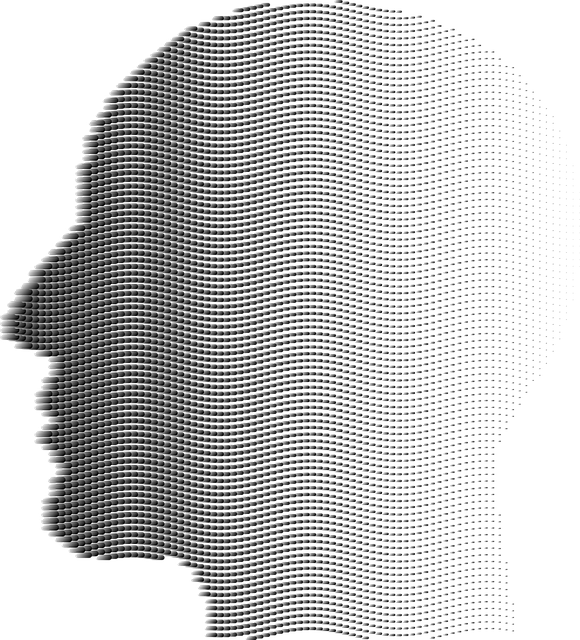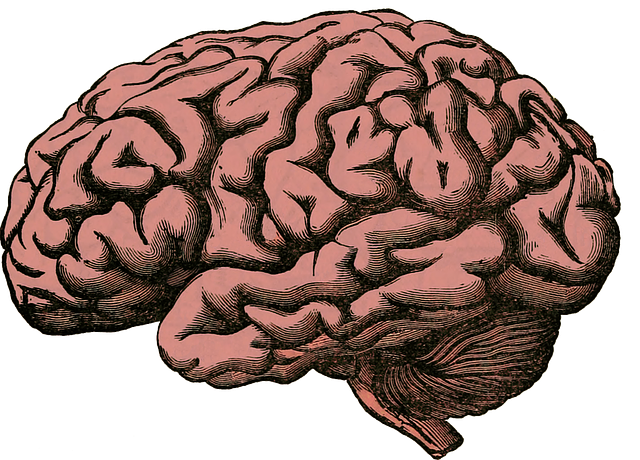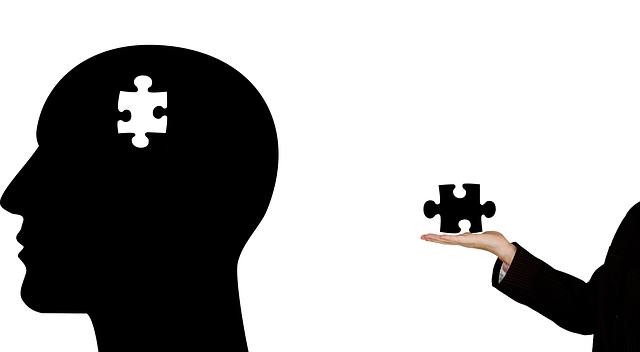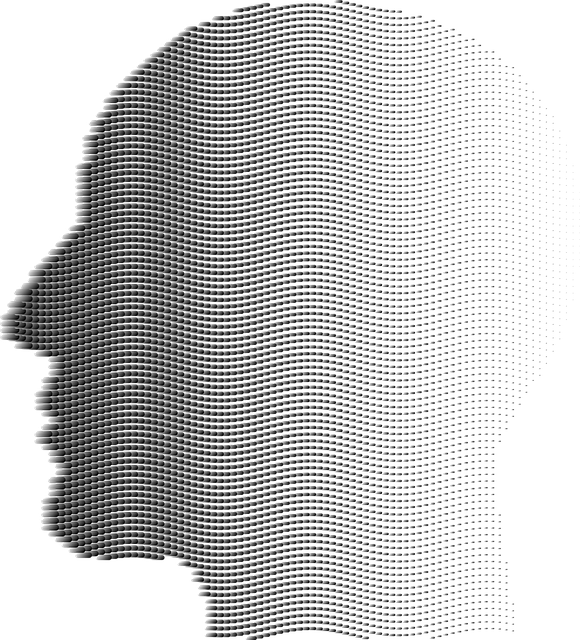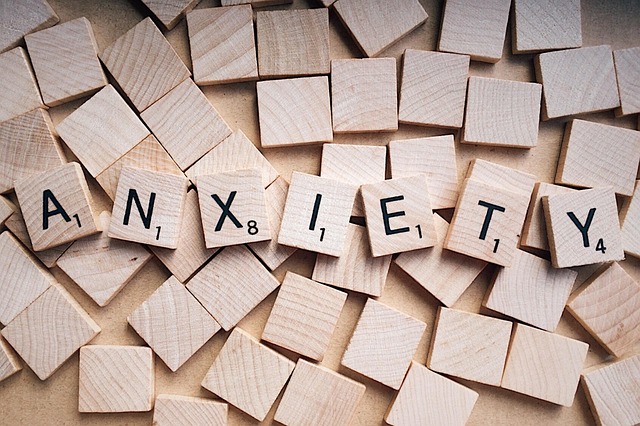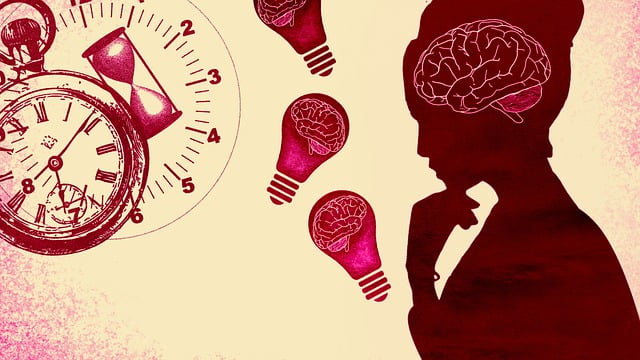Children's Adjustment Disorder (CAD), caused by trauma, disrupts a child's emotional balance, leading to persistent anxiety or irritability. Early diagnosis and therapy focusing on emotional intelligence, self-esteem, and coping strategies are crucial. Mindfulness and cognitive behavioral therapy, along with group facilitation, offer powerful tools for managing emotions and building resilience. A safe, inclusive group environment facilitated by professionals is key, encouraging open communication, empathy, and interactive activities to enhance mental wellness. Success is measured through improvements in emotional well-being, social skills, and coping mechanisms, with parent/caregiver feedback integrated for adjustments to therapy techniques. This holistic approach aims to revolutionize the lives of children dealing with CAD, empowering them with the tools to navigate life's challenges adaptively.
Mental wellness group facilitation plays a pivotal role in supporting individuals, especially children struggling with adjustment disorders. This article explores effective techniques for facilitators, offering insights into understanding and addressing this common issue. We delve into the benefits of group therapy, creating safe spaces, facilitating open communication, and measuring progress. By mastering these skills, therapists can enhance their approach to treatment, providing targeted support for those dealing with Children’s Adjustment Disorder and fostering mental wellness. Discover practical strategies for optimal impact in group settings.
- Understanding Children's Adjustment Disorder: Symptoms and Diagnosis
- The Role of Group Facilitation in Mental Wellness Support
- Creating a Safe and Inclusive Group Environment
- Effective Communication Strategies for Group Sessions
- Measuring Success and Adapting Techniques for Optimal Impact
Understanding Children's Adjustment Disorder: Symptoms and Diagnosis

Children’s Adjustment Disorder (CAD) is a mental health condition that can significantly impact a child’s ability to cope with life’s demands and maintain emotional stability. This disorder often arises as a result of traumatic or stressful events, such as separation from parents, chronic illness, or experiencing abuse. Recognizing the symptoms early on is crucial for effective therapy. Children with CAD may exhibit persistent feelings of anxiety, depression, irritability, or anger, leading to difficulties in relationships and academic performance.
Diagnosis involves a comprehensive evaluation by qualified mental health professionals who assess behavioral changes, emotional responses, and the child’s overall functioning. The process includes interviews, observations, and standardized assessments tailored to identify CAD symptoms. Once diagnosed, therapy for Children Adjustment Disorder focuses on building emotional intelligence, improving self-esteem, and teaching effective coping strategies. Emotional well-being promotion techniques, such as mindfulness and cognitive behavioral therapy, can empower children to manage their emotions and navigate life’s challenges more adaptively.
The Role of Group Facilitation in Mental Wellness Support

Group facilitation plays a pivotal role in mental wellness support, especially for children grappling with adjustment disorders. In a safe and supportive environment, facilitators guide participants through discussions, activities, and exercises designed to foster understanding, coping mechanisms, and resilience. This collaborative approach not only enhances individual well-being but also encourages peer support and empathy building among group members.
Effective group facilitation techniques, such as crisis intervention guidance, serve as a powerful tool for children to express their feelings, share experiences, and learn from one another. By incorporating empathy-building strategies, facilitators create an atmosphere of trust and understanding, helping children develop healthy interpersonal relationships and build resilience in the face of challenges, including those associated with adjustment disorders. This collective approach complements traditional therapy for children with adjustment disorder, promoting holistic mental wellness.
Creating a Safe and Inclusive Group Environment

Creating a safe and inclusive group environment is paramount for effective mental wellness facilitation, especially when addressing concerns like Children’s Adjustment Disorder (CAD). Group therapy offers a unique opportunity for individuals to connect, share experiences, and learn from one another. Facilitators play a crucial role in ensuring everyone feels welcomed, respected, and valued. This involves establishing clear boundaries, encouraging active participation while respecting personal limits, and fostering an atmosphere of non-judgement.
By prioritizing empathy building strategies and mood management techniques, facilitators can create a supportive space that encourages vulnerability and openness. Incorporating these elements into the group dynamic helps individuals with CAD feel understood, which is essential for their therapeutic journey. Moreover, using interactive activities, discussions, and even a Mental Wellness Podcast Series Production can engage participants and make therapy more accessible and enjoyable, ultimately enhancing the overall effectiveness of the group support system.
Effective Communication Strategies for Group Sessions

In mental wellness group sessions, facilitating effective communication is key to fostering a supportive and therapeutic environment. Group facilitators play a vital role in guiding members to express their thoughts and feelings openly, ensuring everyone has an opportunity to participate. Active listening techniques are essential; facilitators should demonstrate genuine interest by paraphrasing statements, asking clarifying questions, and reflecting emotions back to the group. This not only encourages individuals with internalized struggles, such as those dealing with Children Adjustment Disorder (CAD), but also promotes a sense of belonging and understanding within the group dynamic.
Additionally, incorporating resilience-building activities and social skills training can enhance communication among members. Community outreach program implementations, tailored for specific mental health challenges like CAD, can provide real-world context and promote peer support. Through these strategies, facilitators create an inclusive atmosphere where individuals learn from one another, build coping mechanisms, and develop the necessary social competencies to navigate their mental wellness journeys effectively.
Measuring Success and Adapting Techniques for Optimal Impact

Measuring success in mental wellness group facilitation goes beyond simple attendance or completion of sessions. It involves assessing tangible improvements in participants’ emotional well-being, social skills, and coping mechanisms. Using standardized tools like anxiety and depression scales, facilitators can track changes over time, providing data-driven insights into the program’s effectiveness. This measurement allows for continuous improvement and adaptation of techniques to better cater to the unique needs of each group.
For instance, facilitating successful therapy sessions for children with Adjustment Disorder requires a nuanced approach. Facilitators should observe improvements in their ability to express emotions, manage stress, and interact with peers positively. Integrating feedback from parents and caregivers further enriches this process, highlighting areas where techniques can be adjusted to maximize impact. Thus, combining direct observation, self-reported measures, and external input ensures that the group sessions not only meet but exceed expectations for mental wellness development, fostering resilience and improved quality of life, especially in cases like Adjustment Disorder.
Mental wellness group facilitation offers a powerful tool in addressing issues like Children’s Adjustment Disorder (CAD). By creating safe, inclusive spaces that encourage open communication, facilitators can significantly enhance the therapeutic process. Techniques discussed, including symptom recognition, effective group dynamics, and measuring progress, provide a comprehensive framework for those aiming to offer support through group sessions. Understanding CAD’s nuances and tailoring facilitation methods ensures that individuals find the help they need, fostering resilience and well-being in a collaborative environment. This approach not only benefits those with CAD but also equips facilitators with valuable skills to enhance various mental wellness interventions.



